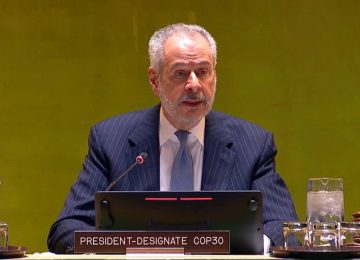In a historic development, the UN General Assembly or UNGA has adopted a resolution promoting the development of safe, secure, and trustworthy AI systems for universal sustainable development.
The Assembly adopted a draft resolution by the United States, emphasizing the importance of human rights in AI design, development, deployment, and use without a vote. Over 120 other member states co-sponsored or supported the text. This makes it a historic step forward for responsible AI application, marking the first time the Assembly voted in favor of this resolution.
Same rights, online and offline:
The UNGA has urged all member states and stakeholders to refrain from using AI systems that are incompatible with international human rights law or pose undue risks. It urged all stakeholders, including states, private sector, civil society, research organizations, and media, to develop and support regulatory and governance frameworks for safe, secure, and trustworthy AI use.
Bridging the digital divide:
The Assembly acknowledged that countries have varying levels of technological development, with developing nations facing unique challenges in keeping up with rapid innovation pace.
It urged stakeholders and member states to collaborate to bridge the digital divide, enhance digital literacy, and ensure inclusive and equitable access for developing nations.
Hope for other sectors:
The draft resolution was introduced by Linda Thomas-Greenfield, US Ambassador and Permanent Representative to the UN.
“I hope that future conversations on AI challenges in other arenas, like peace and security and responsible military use of AI autonomy, will follow the inclusive and constructive dialogue that resulted in this resolution,” she said.
“Let us make a commitment to bridging the digital divide within and between countries and leveraging this technology to further common goals related to sustainable development. We want it to support future UN efforts, such as the work of the Secretary-General’s high-level advisory body on artificial intelligence and negotiations toward a global digital compact,” she stated.











